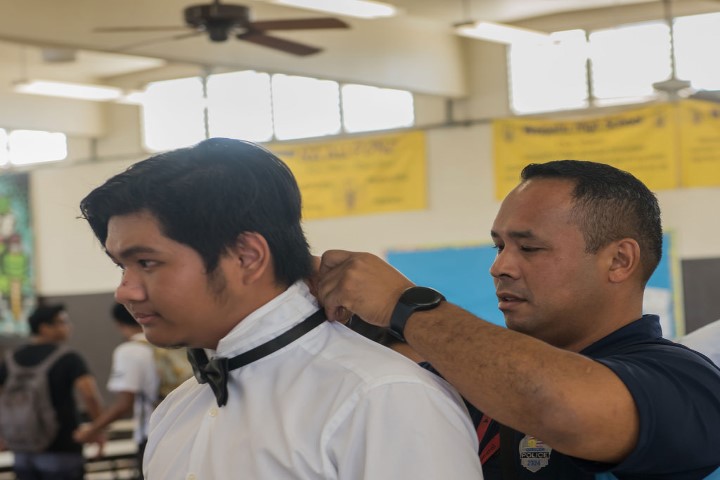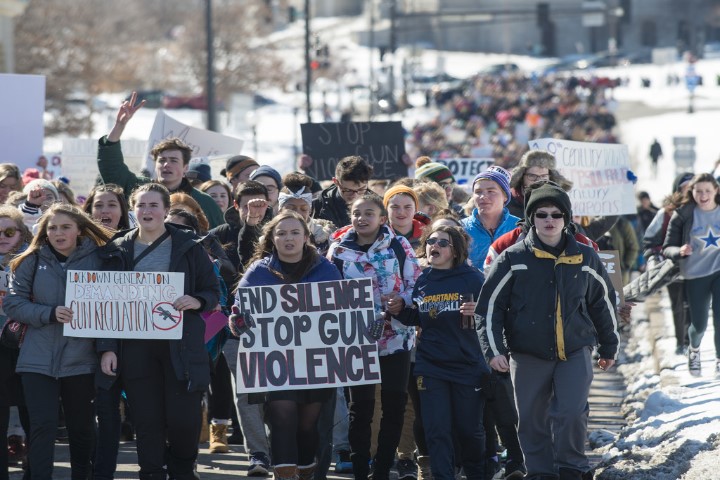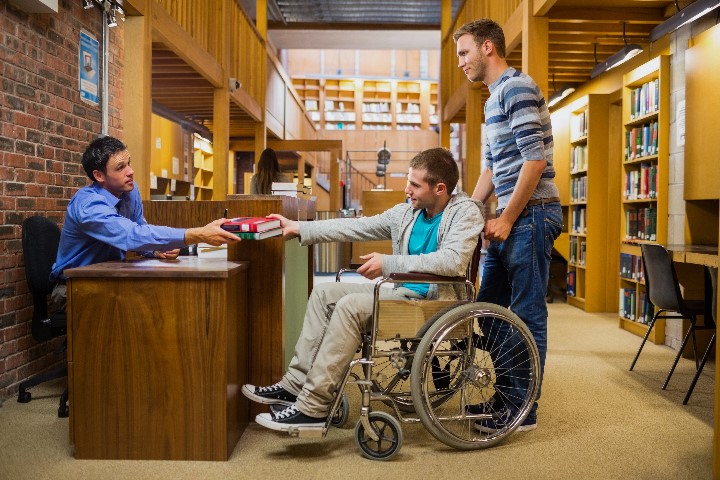Fifth-graders at South Carolina’s Horry and Georgetown county schools are learning about leadership, civics, the judicial system, bullying, peer pressure, drugs and other important issues through role playing.
Students at nine schools in Horry and Georgetown counties took part in a 20-week class called Project LEAD, which aims to explain the legal and social consequences of criminal behavior, from drug use, to shoplifting, graffiti and other more serious crimes, WPDE reports.
Horry County Solicitor Jimmy Richardson told WMBF in 2016 he started the program with fifth graders at Conway Elementary School after learning about the program from a defense attorney in California. “The hope is that it will affect them in a way that they will think about the consequences of bad choices, and also think about the consequences of good choices,” he said at the time. “We’ve talked to them about gangs and graffiti, we’ve talked to them about avoiding drugs and avoiding bullying.”
This program does more than just provide information. It engages their imagination as they place themselves within the story that they are narrating. This builds on the communitarian vision of moral education. James Hunter, founder of the Institute for Advanced Studies in Culture, writes in The Death of Character, “For communitarians, morality exists by social consensus, its moral pedagogy operates mainly through social experience. It is through experience that students participate in moral community and practice moral action.” Students learn about the consequences of their actions through the experience of these complex legal dramas.
Richardson solicited volunteers like Conway mayor and attorney Barbara Blain-Olds to help out, and specifically targeted fifth-grade students based on his experience in the criminal justice system.
“When we looked at the people that have gone through Drug Court, they tell us that they got started with illegal drugs, on average, at about 12 years old, so fifth, sixth grade,” he said. “ … I can tell you this; right now, there are a lot of voices out there, one big voice calling out to them are these little local gangs and we want to be a positive voice.”
The program, which has since added 8 schools, concludes with a mock trial that allows students to play the roles of judge, prosecutor, witness and defendant in a real courtroom. This year, at a mock trial in a North Myrtle Beach courtroom, students tried a case involving a student who brought a gun to an arcade.
Parents also participated in the trial, working with educators to guide students through the process and help them reflect on the important character issues involved in the case.
“This program teaches kids a valuable lesson of how the judicial system works and how they can come together to … stop all the drugs, and most importantly the bullying, so they don’t end up in the system,” parent Ron Denly told WPDE.
For teachers and principals interesting in knowing more about character and citizenship formation, information can be found at the UK’s Jubilee Centre.






